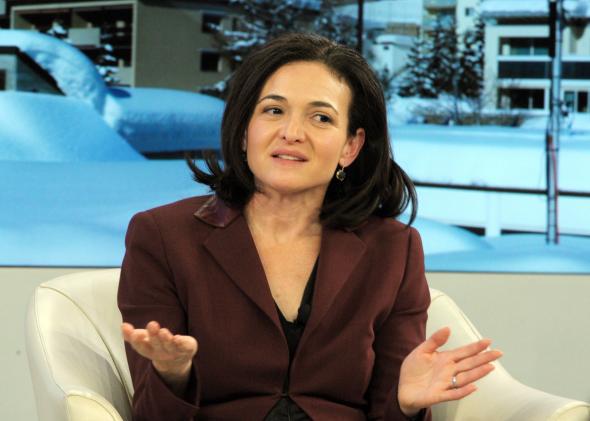This story first appeared on Inc.
A few months ago, I pointed out the huge disparities in venture capital funding for women entrepreneurs. I argued that the biases were so dramatic, had Thomas Edison been a woman, we might be reading in the dark!
I assumed then, as I suspect do many people, that more democratic funding sources like crowdfunding might be a good alternative for women entrepreneurs. After all, if you can take your great ideas out to a broad audience, you might be less apt to face blatant biases. You should be more likely to get funding based on the merit of your idea, right? Sadly, I was wrong. It turns out that crowdfunding may be just as hard for women to get as elusive venture capital.
This is bad news for women business owners because crowdfunding has emerged as a powerful source of seed capital and a great alternative for many startup businesses, enabling them to tap into a large number of individuals who each invest small amounts of money through social and virtual networks. A recent study from Massolution found that crowdfunding platforms raised $2.7 billion and funded more than a million campaigns in 2012 alone. Kickstarter, the best known of the crowdfunding platforms, reached $1 billion in pledges in March.
Look more closely at where the money is going and how. Researchers at Berkeley recently looked at the gender dynamics of crowdfunding to see if it was indeed an easier source of capital for women. Noting the huge bias in venture funding, researchers clearly hoped to find a more equitable result from crowdfunding. Instead, they found that while crowdfunding has the potential to fill the funding void for women, that has not in fact happened.
In looking at Kickstarter from it’s inception, researchers found that a majority, 55 percent, of Kickstarter investors turn out to be men versus 45 percent women, and it seems the investing proclivity of male investors extend to this medium as well. “While more than 40 percent of the funds of female investors were invested in projects by female entrepreneurs, only 22.5 percent of the male investor funds went to female led projects,” the Berkeley researchers said.
In other words, gender preferences are showing up in crowdfunding too. The preponderance of male investors participating in Kickstarter is skewing the funding toward male entrepreneurs. This is not good news for women, or for our economy. Unless this dynamic changes, we will miss out on the innovations and opportunities being developed by a huge swath of our population.
I recently met with an extraordinary entrepreneur, Deborah Jackson of Plum Alley. A former banker and Wall Street veteran, she launched Plum Alley to help women entrepreneurs get funding and market exposure for their products. Plum Alley is part of a small but growing cadre of organizations trying to help fill the void faced by women entrepreneurs and give them a leg up. Plum Alley has recently launched their own crowdfunding site to help women raise money. Their investors are largely women who in fact want to support women entrepreneurs specifically. It’s a critical need with wide benefits. Female investors can put their values to work along with their money and ensure worthy women get the money they need. Female entrepreneurs in turn get a much fairer shot at attracting critical funds.
Hurdles for female entrepreneurs are high at every turn but many organizations like Plum Alley are stepping in to fill the void. Women like Jackson who feel passionately about supporting women entrepreneurs are leveraging the data to help bring attention to the issue. For women who want to put their money where their values are, new opportunities are emerging to invest directly in women. Of course, without access to capital many potentially game-changing businesses will never see the light of day. One hopes that eventually venture capital firms will attract more women partners, male investors will look differently at female led businesses and funding will become a leveler play field but until that happens, it’s likely up to us girls to fund each other.
See Also: Meet the Man Behind City Winery
